Do you have a vegetable garden? If so, you know that keeping your vegetables safe is a top priority. One way to do this is by installing a fence around your garden. Not only will this keep animals out, but it will also add some style and personality to your garden. This article will discuss several different types of fences that you can use to protect your vegetables. It will also provide tips on how to install them properly. So, whether you are just starting a vegetable garden or you are looking for new ideas, read on for the best fence solutions!
What is a Vegetable Garden?
A vegetable garden is a type of garden where fruits and vegetables are grown. It can be planted in the ground or in containers such as pots, barrels, or boxes. Vegetable gardens provide fresh produce for many households and can help to save money at the grocery store. Growing your own food also has health benefits as it eliminates the need for preservatives, pesticides, and other chemicals that may be used on commercially-grown fruits and vegetables. Additionally, gardening can also provide stress relief and exercise opportunities!
Overall, growing your own food can be rewarding and fun! It allows you to enjoy the fruits (and vegetables) of your labor and provides access to fresh produce that tastes great. With some patience and dedication, anyone can start their own vegetable garden!
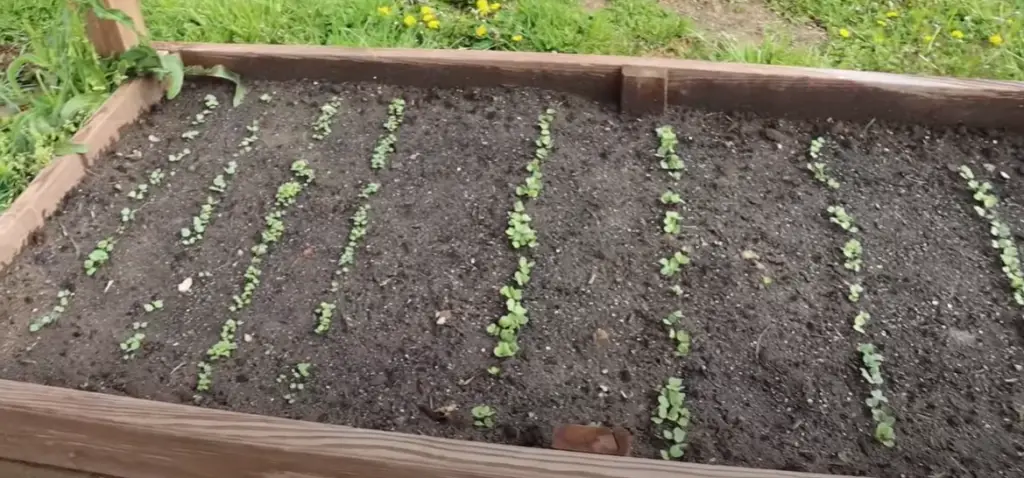
Benefits of Having a Vegetable Garden
Having a vegetable garden comes with many benefits both financially and health-wise. Some of these include:
Economical savings – Growing your own vegetables can save you money on groceries, since grocery store produce can be expensive.
Access to fresh produce – Home-grown fruits and vegetables are much more nutrient-dense than those found in the store, as they have been freshly picked and haven’t had time to lose their nutrients.
Stress relief – Gardening is a great way to reduce stress levels, as it gives you something else to focus on other than work or daily life.
Exercise opportunities – Working in the garden requires physical activity that can provide beneficial exercise for your body.
Environmentally friendly – By using natural fertilizers and avoiding pesticides, gardening can help protect the environment from pollutants.
Overall, having a vegetable garden can be a great way to save money, get more fresh produce, and reduce stress while helping the environment [1].
Tips for Starting Your Vegetable Garden
If you’re interested in starting your own vegetable garden, there are several tips that can help you get started. Some of these include:
Choose the right location – Make sure to choose a spot that gets plenty of sunlight and has good soil drainage.
Select appropriate plants – Research which vegetables will do best in your area and tailor your selection accordingly.
Prepare the soil – Test pH levels and add nutrients as needed before planting to make sure your plants have what they need to thrive.
Water regularly – Keep your plants hydrated by providing them with enough water on a regular basis.
Monitor for pests and disease – Look out for any signs of pests or diseases and take action if necessary to protect your plants.
Build a fence – Consider building a fence or wall around your garden to protect it from animals and pests [2].
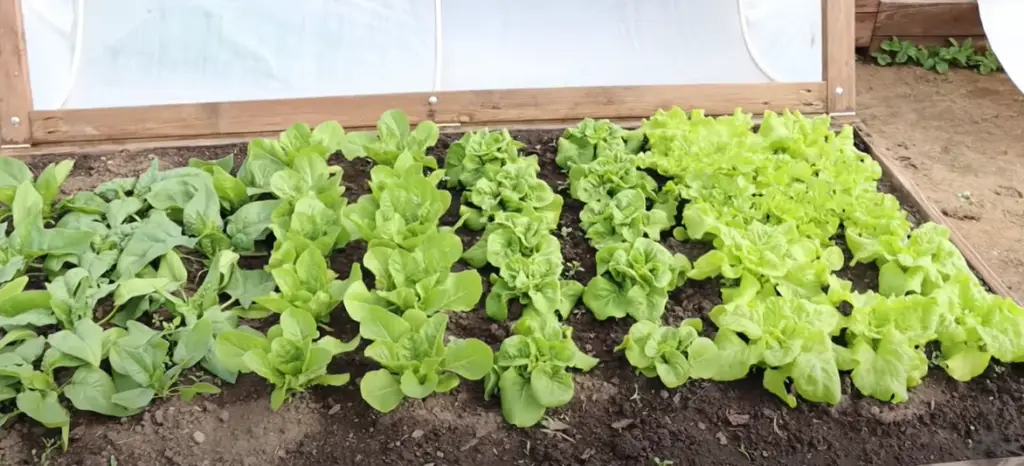
Different Types of Vegetable Garden Fences
Many different types of vegetable garden fences can be used to protect your vegetables from animals and other pests. Some popular options include:
Wire mesh fencing – This is a very durable option for enclosing your vegetable garden. It comes in various sizes and can be installed by either staking it into the ground or attaching it to wooden posts. It is lightweight, easy to install, and highly effective at keeping out both large and small animals.
Wooden board fence – If you want more of an aesthetic look, then a wooden board fence may be the best option for you. This type of fencing is also quite sturdy and will provide excellent protection against most pests. However, it requires more maintenance than wire mesh fencing and may not be as effective at keeping out large animals.
Electric fence – An electric fence is a great way to keep out larger animals, such as deer and rabbits. They can be set up around the perimeter of your vegetable garden, but should only be used if you have access to an electrical outlet.
Chicken wire – Chicken wire is another popular option for enclosing vegetable gardens. It’s quite affordable, easy to install, and works well against smaller pests. However, it is not as effective against larger animals and will require some maintenance over time to remain functional.
No matter which type of vegetable garden fence you choose, make sure that it is tall enough to keep out any potential intruders and is properly secured to the ground. This will ensure that your vegetables are well protected from any unwanted visitors [3].
12 Veggie Garden Fence Ideas
Plastic Garden Mesh Fencing
Plastic garden mesh fencing is a great option for those looking to keep their vegetable gardens safe from small pests and animals. The fence comes in various sizes and shapes, making it easy to fit within the confines of any outdoor space. It’s also lightweight, durable, and low-maintenance, so it’s perfect for anyone who wants to create a safe yet beautiful veggie garden while still being able to enjoy the outdoors.
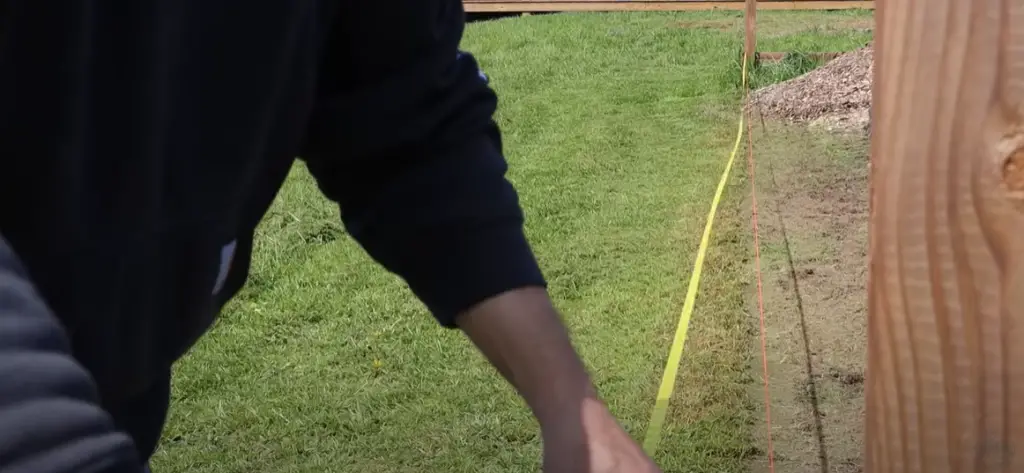
Picket Fence
Picket fences are another popular choice when it comes to veggie garden fencing ideas. This type of fence generally consists of wooden posts connected by pickets (small vertical boards). Picket fences can be painted or stained in different colors and finishes, allowing you to customize the look of your veggie garden. They’re also easy to install and maintain, making them a great option for anyone looking for a beautiful yet secure fence.
Bird Netting or Bird Barrier
Bird netting or bird barriers are a great option for anyone looking to keep birds away from their veggie garden. These fences are usually made of lightweight and durable nylon that is designed to keep the birds out without blocking any airflow. Bird netting is relatively affordable and easy to install, so it’s perfect for anyone who needs an effective yet budget-friendly solution.
Vinyl Fencing
If you’re looking for a more aesthetically pleasing veggie garden fence, vinyl fencing may be the right choice for you. Vinyl comes in many different styles, colors, and finishes, allowing you to create a custom look for your outdoor space. Plus, vinyl fencing is durable and low-maintenance, making it a great long-term solution for your veggie garden.
Bamboo Fencing
Bamboo fencing is becoming increasingly popular among vegetable gardeners due to its eco-friendly nature. Bamboo is a fast-growing grass that is lightweight, durable, and relatively easy to install. It also comes in a variety of colors, sizes, and styles, allowing you to customize the design of your veggie garden fence.
Hedge Fencing
Hedge fencing is another great option for anyone looking to create an attractive yet secure veggie garden fence. Hedges are usually made up of shrubs planted in rows or barriers that can be designed to look like traditional picket fences. This type of fencing is easy to maintain while still providing your vegetable garden with plenty of security against animals and pests.
Welded Wire Fence
Welded wire fencing is a great option for anyone looking for an effective yet budget-friendly solution. Welded wire fences are made up of thin steel wires that have been welded together in a grid pattern that’s designed to keep animals and pests out while still allowing plenty of air circulation. It’s also relatively easy to install and maintain, making it a great choice for anyone who wants to secure their veggie garden without breaking the bank.
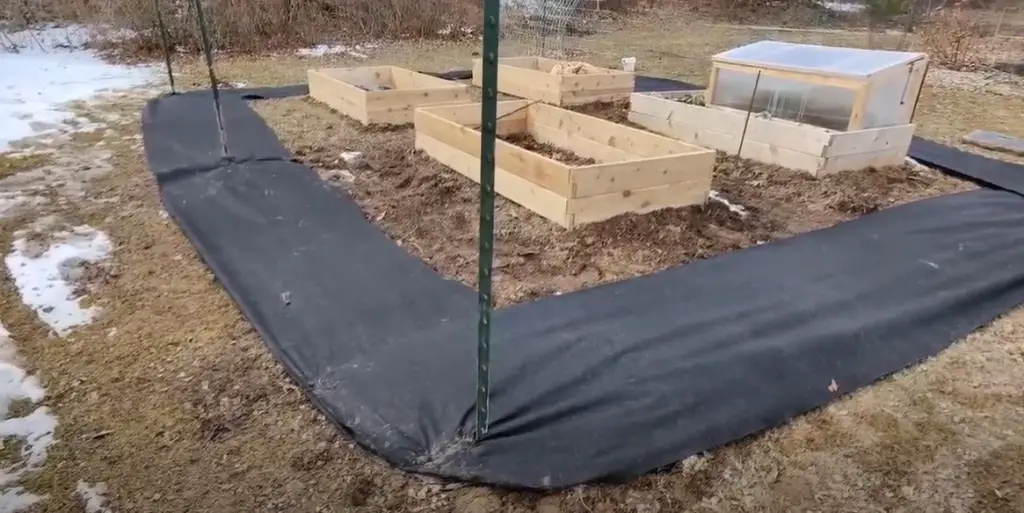
Cattle Panel Fencing
Cattle panel fencing is another great option when it comes to vegetable garden fence ideas. This type of fence usually consists of horizontal panels made from steel or galvanized metal that can be installed between posts or mounted directly to walls. Cattle panel fencing is both lightweight and durable, making it a great option for anyone looking to secure their veggie garden without sacrificing style.
Insect Netting or Bug Netting
Insect netting or bug netting is a great option for anyone looking to keep out unwanted bugs and insects. Bug netting is usually made of fine mesh material that can be hung over the entire garden or placed around specific plants. It’s lightweight, durable, and relatively easy to install, so it’s perfect for anyone looking for an effective yet low-maintenance way to protect their veggie garden from pesky bugs.
Electric Fencing
Electric fencing is another popular choice when it comes to vegetable garden fence ideas. This type of fencing consists of wires with electric current running through them, making it an effective deterrent for animals and pests. Electric fences are relatively easy to install, but they do require a higher level of maintenance to ensure that the electric current is working properly.
Metal Fence Panels
Metal fence panels are a great option for anyone looking to create an attractive yet secure veggie garden fence. Metal fences come in a variety of colors and styles, so you can easily customize the design of your fence. Plus, metal fencing is low-maintenance, making it a great choice for anyone who needs an effective way to keep animals and pests out without sacrificing style.
Wooden Garden Enclosures with Metal Mesh
Wooden garden enclosures with metal mesh are a great option for anyone looking to create an attractive yet secure veggie garden fence. These types of fences typically consist of wooden posts and boards with metal mesh woven between them, creating an effective barrier against animals and pests while still allowing plenty of light and air circulation. Plus, these fence panels usually come in a variety of colors, so you can easily customize the design of your outdoor space [4].
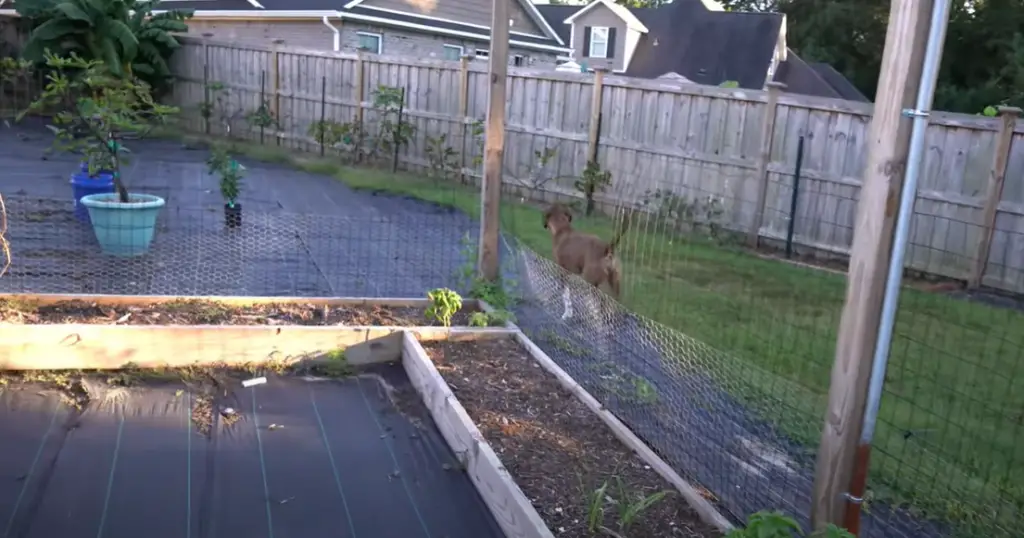
How to make a fence for a vegetable garden?
Building a fence around your vegetable garden can be an important step in protecting your crops from potential predators, and it also adds a nice aesthetic touch to your outdoor space. Here are the steps you’ll need to take when building a garden fence:
- Decide on the size and shape of your fencing area – You’ll need to measure the exact dimensions of your fencing project before purchasing materials or starting construction. You must consider any special features of your yard, such as trees or other obstacles so that you know where you can place posts and plan for any adjustments to the size of the fence.
- Choose materials for the fence – Your options for constructing a vegetable garden fence include wood, metal, stone, or vinyl. Consider the type of material that will be most aesthetically pleasing and durable in your climate and soil conditions.
- Install fence posts – Fence posts are the structural backbone of your fence, so it’s important to make sure they are properly installed. If you’re using wood or metal materials, be sure to use concrete blocks for stability and a longer life span for your fence.
- Attach fencing panels – Once you have the necessary materials, attach the panels or sections to the fence posts with nails or screws following the manufacturer’s instructions. Use a level to ensure that all panels are even and straight as you work your way around the perimeter of your garden area.
- Add a gate – A garden gate can be an attractive feature and it also allows for easy access to your vegetable garden. Be sure to use sturdy hardware to make sure that the gate is secure.
- Finish off with additional decorations – Finally, you can add additional decorative elements such as a trellis or lattice fence panels, birdhouses, or even planters to give your vegetable garden fence some extra character.
How to maintain a fence for a vegetable garden?
Maintaining a fence for a vegetable garden is an important part of keeping your products safe from pests and other animals. Here are some tips to help you keep your fence in good condition:
- Inspect the Fence Regularly – Make sure that all parts of the fence are in good condition. Check for any rotting wood, bent or broken posts, or missing panels. Replace any damaged pieces as soon as possible to prevent further damage.
- Clean the Fence – Use warm soapy water and a soft brush to remove dirt and debris from the fence regularly. This will help keep it looking its best and prevent mold or mildew from forming on it over time.
- Apply Stain or Paint – Depending on the material, a protective layer of stain or paint can be applied to help defend against weathering over time. Reapply these treatments annually for best results.
- Check for Pests – Keep an eye out for insects and other pests that could damage your fence. If you find signs of an infestation, take steps to address it as soon as possible before it spreads further.
- Cut Back Plant Growth – Trim any plants or trees near the fence to make sure they don’t interfere with its structure or integrity. It’s also important not to let them grow onto the fence itself, as this can cause moisture buildup and lead to rotting wood over time.
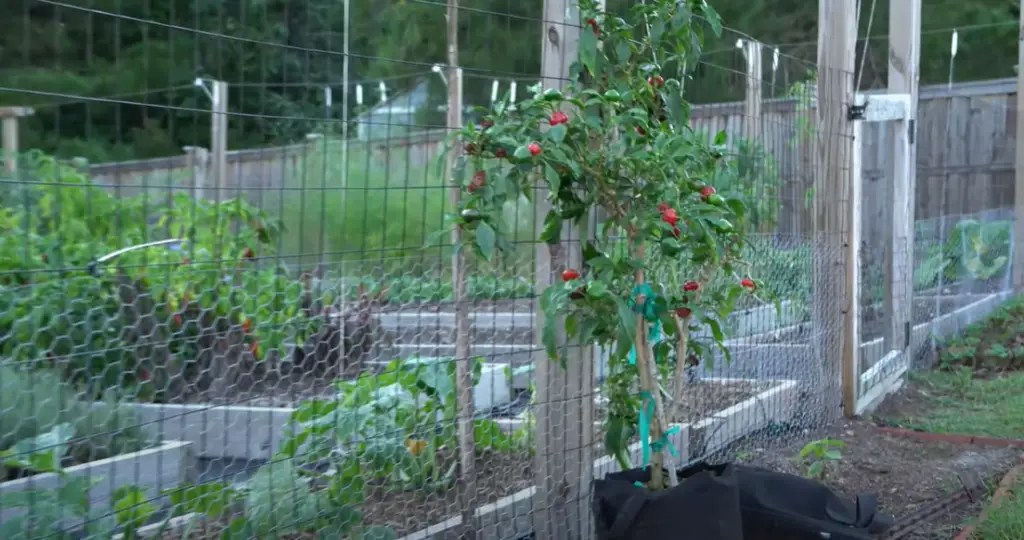
FAQ
What is the best fencing for a vegetable garden?
The best fencing for a vegetable garden depends on your individual needs. If you are looking for protection from larger animals, such as deer and rabbits, then a mesh or chain link fence is often recommended. If you want to keep out smaller animals, like mice and squirrels, then picket or wooden fences may be the most effective. You can also choose between privacy fences if you would like more seclusion in your garden or an open fence for better visibility of your garden’s plants. Ultimately the best fencing depends on the size and type of animals that you need to protect against and how private you would like your garden to be.
What kind of soil should I use in my vegetable garden?
Loamy soil with good drainage is the ideal soil for vegetable gardens. Loam is a combination of sand, silt, and clay particles that creates good water retention and aeration for plants. You can also use potting soil or compost to enrich your soil’s fertility and improve drainage. Make sure to add plenty of organic matter such as composted manure or decomposed mulch to give your garden the nutrients it needs. If you are having trouble finding the right type of soil, consider using raised beds with custom-made soil mixtures specifically designed for gardening.
How often should I water my vegetable garden?
The frequency of watering depends on several factors such as the type of vegetables planted, the climate you live in, and how much rain falls naturally in your area. In general, vegetable gardens should be watered one to two inches per week during the growing season. Make sure to check your garden’s soil each day and water any dry areas. If you live in a hot or windy climate, it may be necessary to water more often than once a week.
What is the best way to fertilize my vegetable garden?
The best way to fertilize a vegetable garden is with organic matter such as composted manure or decomposed mulch. These materials help provide the nutrients plants need for growth such as nitrogen, phosphorus, and potassium. If you need additional fertilizer for specific vegetables, use a balanced fertilizer with an N-P-K ratio of 10-10-10. A fertilizer with a higher nitrogen content should be used for leafy vegetables while lower nitrogen formulas are better suited for root vegetables. Be sure to follow the instructions on the package and use only organic fertilizers if possible.
Are there any plant diseases I should watch out for in my vegetable garden?
Yes, there are several common plant diseases that you should be aware of when growing vegetables. Bacterial wilt and late blight can affect tomatoes and potatoes, downy mildew affects cucumbers and pumpkins, and powdery mildew can affect squash and melons. The best way to prevent these diseases is to keep your plants healthy by providing them with adequate water, light, nutrients, air circulation, and spacing between plants. If you notice any signs of disease, make sure to remove the affected plants right away and dispose of them properly.
What vegetables grow best in my area?
The vegetables that will do best in your area will depend on the climate and soil conditions. It is important to research what types of vegetables are suitable for your region and how they should be grown. Some popular vegetable choices include tomatoes, peppers, carrots, lettuce, spinach, cucumbers, and squash. If you are unsure about which ones to plant in your garden, consult a local gardening center or contact your county extension office for more information about which vegetables grow best in your area.
Why should I put a fence around my vegetable garden?
A fence is an important part of protecting your vegetable garden from animals such as rabbits, deer, and other pests. If you live in an area with large animals, a sturdy fence can be essential for keeping them away. A fence also adds a decorative touch to the garden and can provide extra privacy if needed. Make sure to choose a material that is durable and easy to maintain such as metal or vinyl fencing. You can also opt for a wooden or wi-cable mesh
Fences are also great for creating separate growing spaces within your garden. This allows you to easily manage different plants without worrying about overcrowding or cross-pollination between varieties. Finally, fences help define the boundaries of the garden and create a visual interest that will make your garden look neat and inviting.
What is the cheapest garden fencing?
The cheapest type of garden fencing is usually a plastic mesh or wire fence. This type of fence is easy to install and can be purchased at most home improvement stores. The downside to this option is that it won’t last as long as more expensive materials such as wood or metal. If you’re looking for something more durable, you may want to consider these higher-quality materials. You can also save money by building a fence yourself instead of hiring a professional. With a bit of effort, you can create a sturdy and attractive garden fence on your own.
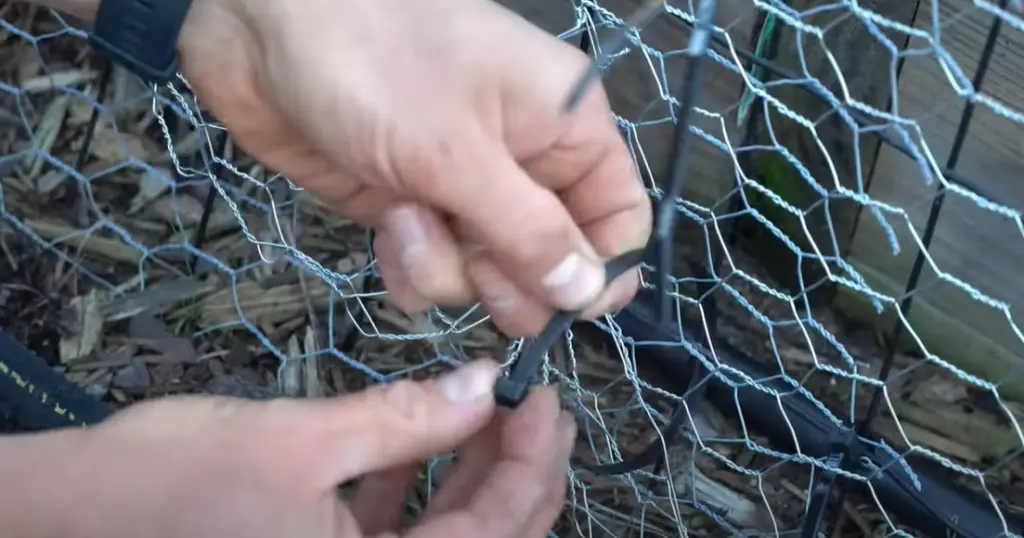
How do you put a fence around a vegetable garden?
To put a fence around a vegetable garden, you will need to choose the type of fencing material that best fits your needs. Popular materials include wood, metal, plastic mesh, and wire. You will also need to measure the area of your garden and buy enough fencing material for the perimeter. Once you have all the necessary materials, begin by digging post holes around the perimeter of your garden at least two feet deep. Place wooden posts in each hole and make sure they are level before filling in with dirt or concrete mix. Attach your fence paneling to the posts using nails or screws and secure it with fence ties or clips. Finally, use chicken wire or another netting if needed to keep out animals such as rabbits and deer.
What is the garden fence rule?
The garden fence rule is a legal standard that states that any improvements to land or property must be made within the boundaries of the owner’s land. This means if you install a fence around your vegetable garden, it should be completely contained within your property line. You also can’t encroach on neighboring properties or public lands with your fencing projects. It’s important to check local laws and regulations before installing any type of fencing to avoid potential legal issues. If you have questions about the garden fence rule, it may be best to consult an attorney who specializes in real estate law.
Useful Video: DIY Vegetable Garden Fencing
Conclusion
Vegetable Garden Fences are an effective way to keep rabbits and other animals away from your vegetable garden. They can be constructed with a variety of materials, such as wood, metal, or plastic. When deciding which type of fence to install, consider the size and location of your vegetable garden and the types of animals you wish to deter. No matter which fencing material is chosen, it is important that the fence is sturdy and well-maintained to ensure its effectiveness in keeping out unwanted pests. With some careful planning and research, anyone can have an attractive vegetable garden fence installed on their property without breaking the bank or sacrificing beauty. A quality vegetable garden fence will provide peace of mind for years to come.
References:
- https://www.gaiasorganicgardens.com.au/12-benefits-vegetable-garden/
- https://www.masterclass.com/articles/tips-for-starting-your-own-vegetable-garden
- https://info.fascoamerica.com/blog/vegetable-garden-fences
- https://freshpatio.com/vegetable-garden-fence-ideas/





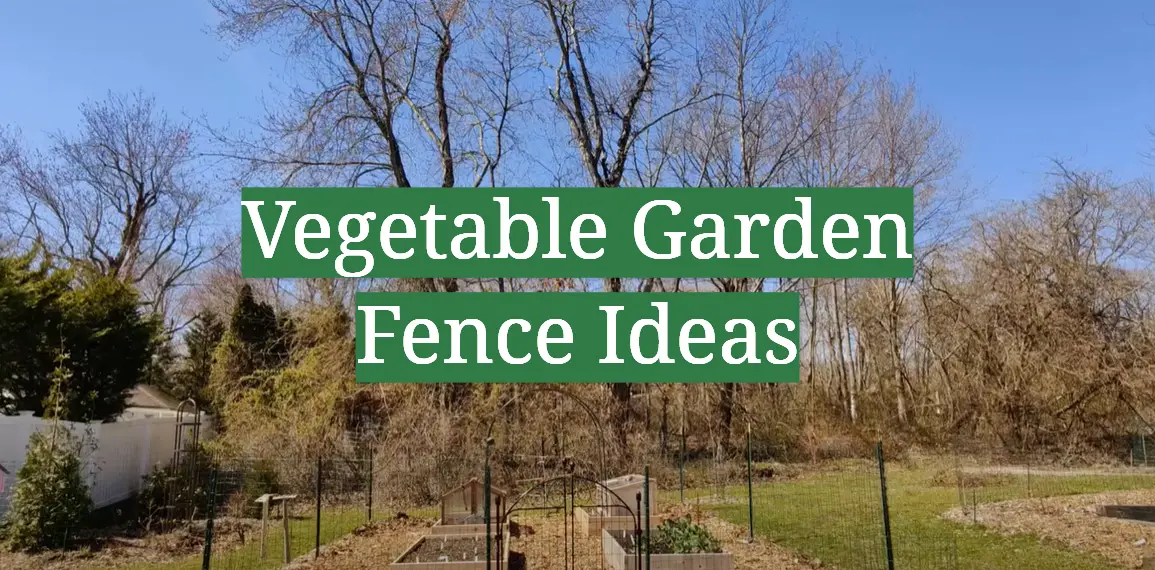
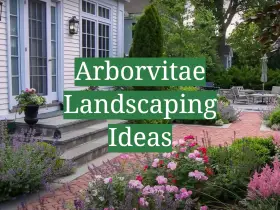
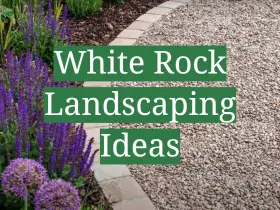
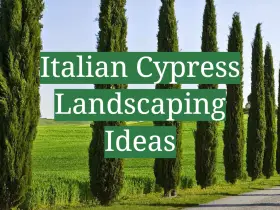
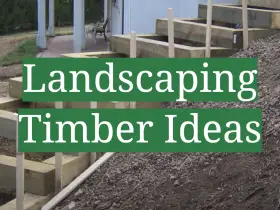
Leave a Reply
View Comments